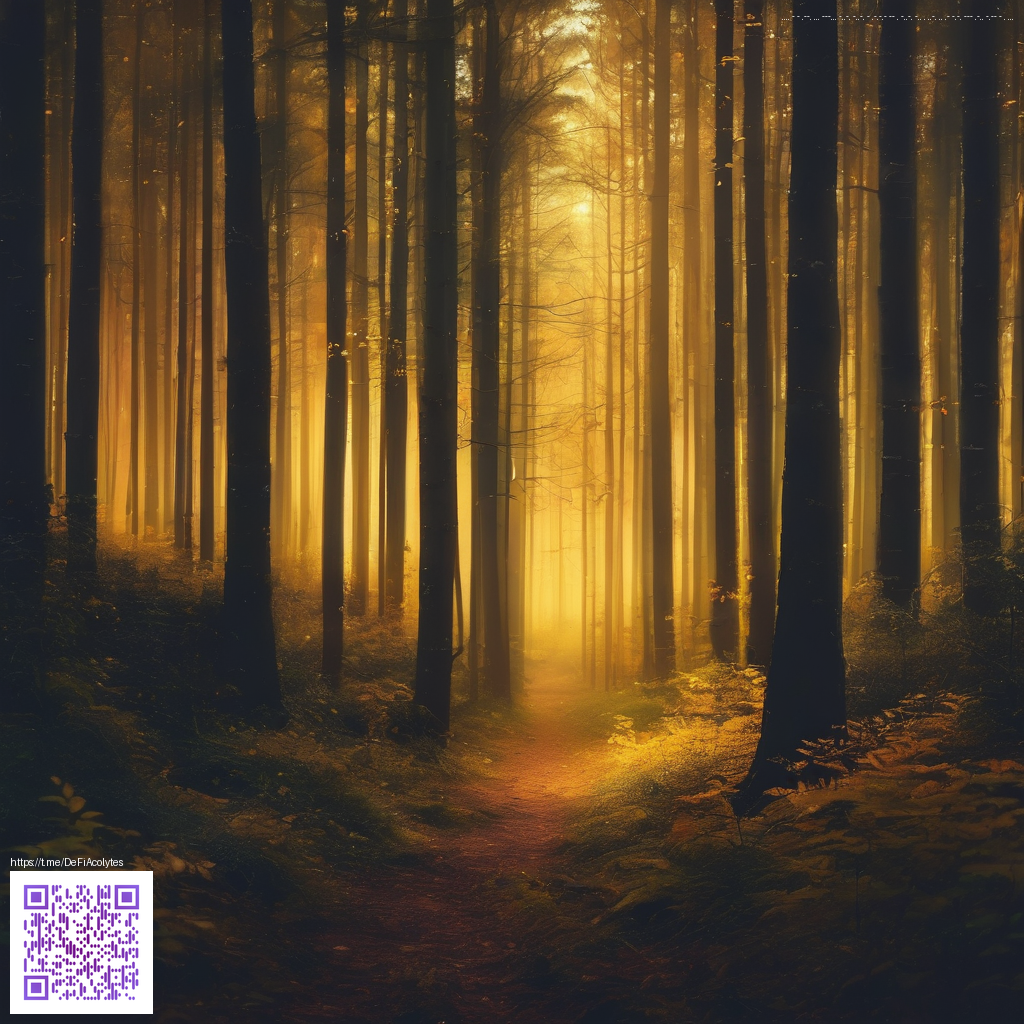
The Neighbors Next Door Never Blink
On a quiet cul-de-sac where porches glowed with the soft orange of autumn, the neighbors at 4B kept to a ritual as precise as a clock. Their mailbox carried the same letters at the same hour, their dogs slept in the same positions, and the hedge—pruned to a soldier’s line—never wavered. At first, I believed they were merely private people, content with the rhythm of ordinary life. Then the rhythm began to sound like something else—something deliberate and listening, something that watched the street as if the street were a stage and they its only audience.
I noticed the first real oddity one evening, when the rain pressed against my windows and the blinds in their kitchen did not rattle with the wind. Instead, they trembled in place, as if a draft had paused to listen, and then settled. The couple stood still by the sink, their faces turned toward the window as though the world outside might reveal a secret they already knew. They did not blink. They did not breathe. They watched the street with the quiet patience of a pair of sentinels who have memorized every passing shadow.
- The clock in their hallway ticks with meticulous care, never off by a second, yet their eyes—when you meet them—seem to gather a fraction of time they refuse to release.
- At dusk, their porch light glows in a way that makes the room feel staged, as if the scene outside is rehearsed and they are the only ones allowed to improvise.
- Their garden sprouts at the same hour each night, the hands of the plants turning in a rhythm that never seems natural.
- Letters appear in their mailbox at dawn and vanish by noon, as if someone is collecting something invisible from the world and returning it to them.
- When spoken to at the fence, their replies arrive in neat, mirrored phrases that never stray from a script.
- Behind the blinds, faces register in a way that suggests watching more than speaking, as if to remind the street that eyes can be doors too.
“We remember the night we learned to listen,” they once whispered through the fence, a soft cadence that felt rehearsed. “The night remembers us back.”
One night, I trespassed no farther than my own curiosity would allow and listened past the ordinary sounds—the hum of a refrigerator, the creak of an old branch, the soft sigh of weathered wood. Then I heard something else: a breathless quiet, a sound not of people but of purpose. It was as if the neighborhood itself pressed closer, tightening its own seams, making sure every neighbor remained perfectly in place. The Neighbors Next Door Never Blink, and in that immutable stillness there was a sentence I could almost understand: safety exists where watchers do not look away from their own reflections.
Days turned into a patient dusk, and I began to measure the distance between a neighbor’s stare and a person’s fear. The street learned to whisper instead of shout, and I learned to listen less for voices and more for the absence of blinking. The result was simple and terrible: some doors are best left closed, not out of danger, but out of the quiet that lies in wait when the world believes it is being watched by those who never blink.